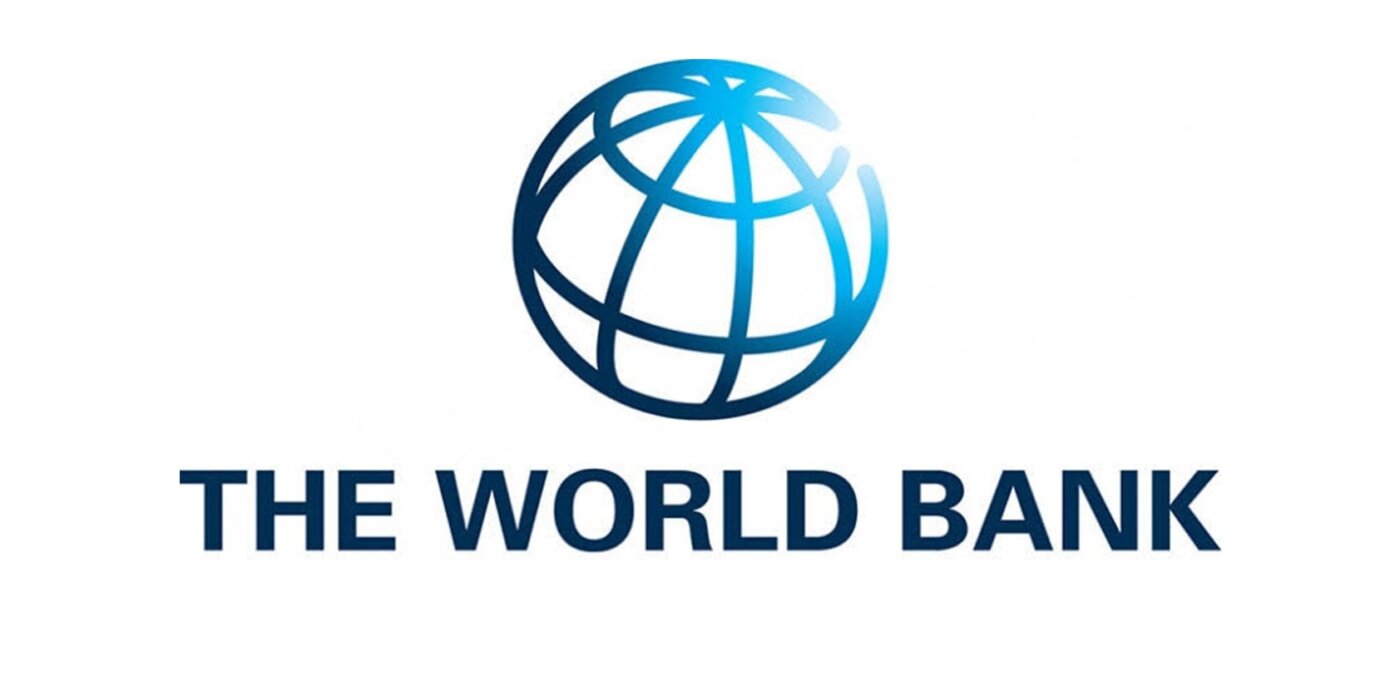World Bank approved a new project for the modernization of the Land Administration sector in the Federation of BiH
WORLD BANK APPROVED A NEW PROJECT FOR THE MODERNIZATION OF THE LAND ADMINISTRATION SECTOR IN THE FEDERATION OF BIH
The Federation of BiH intends to modernize and improve the accuracy and availability of data in the Land Administration sector through the Geospatial Infrastructure and Valuation Enhancement (GIVE) project. For the implementation of the project, which will be managed by the Federal Administration for Geodetic and Real Property Affairs, on May 15, 2024, the World Bank’s Board of Executive Directors approved a loan totaling 23.1 million euros.
The purpose of the GIVE project is to overcome key challenges in Land Administration in the Federation of BiH, with three main goals:
- Improvement of geospatial data infrastructure (SDI FBiH, https://ippfbih.gov.ba/),
- Updating cadastral and land registry data in the Federation of BiH,
- Collecting real estate data and developing a methodology for establishing a mass property valuation system.
The project will increase the interoperability of key geospatial data sets and harmonize land administration registers (cadastral and land registry), which will contribute to improving the business environment, data-driven spatial planning policies, and enhancing the assessment of seismic and climate risks – all of which are crucial for building a more sustainable and better future for all residents of Bosnia and Herzegovina.
By strengthening cooperation between ministries and institutions at the local, cantonal, and entity levels, the GIVE project will also focus on improving decision-making processes. This will be achieved through better data accessibility and capacity-building initiatives that can help optimize public service delivery, improve disaster management, and provide spatial planning information throughout the Federation of BiH.
The project is largely aligned with the World Bank’s strategy for Bosnia and Herzegovina, aimed at increasing private sector growth and improving public service delivery. It also builds on the country’s Economic Reform Program and supports alignment with EU policies and regulations.

